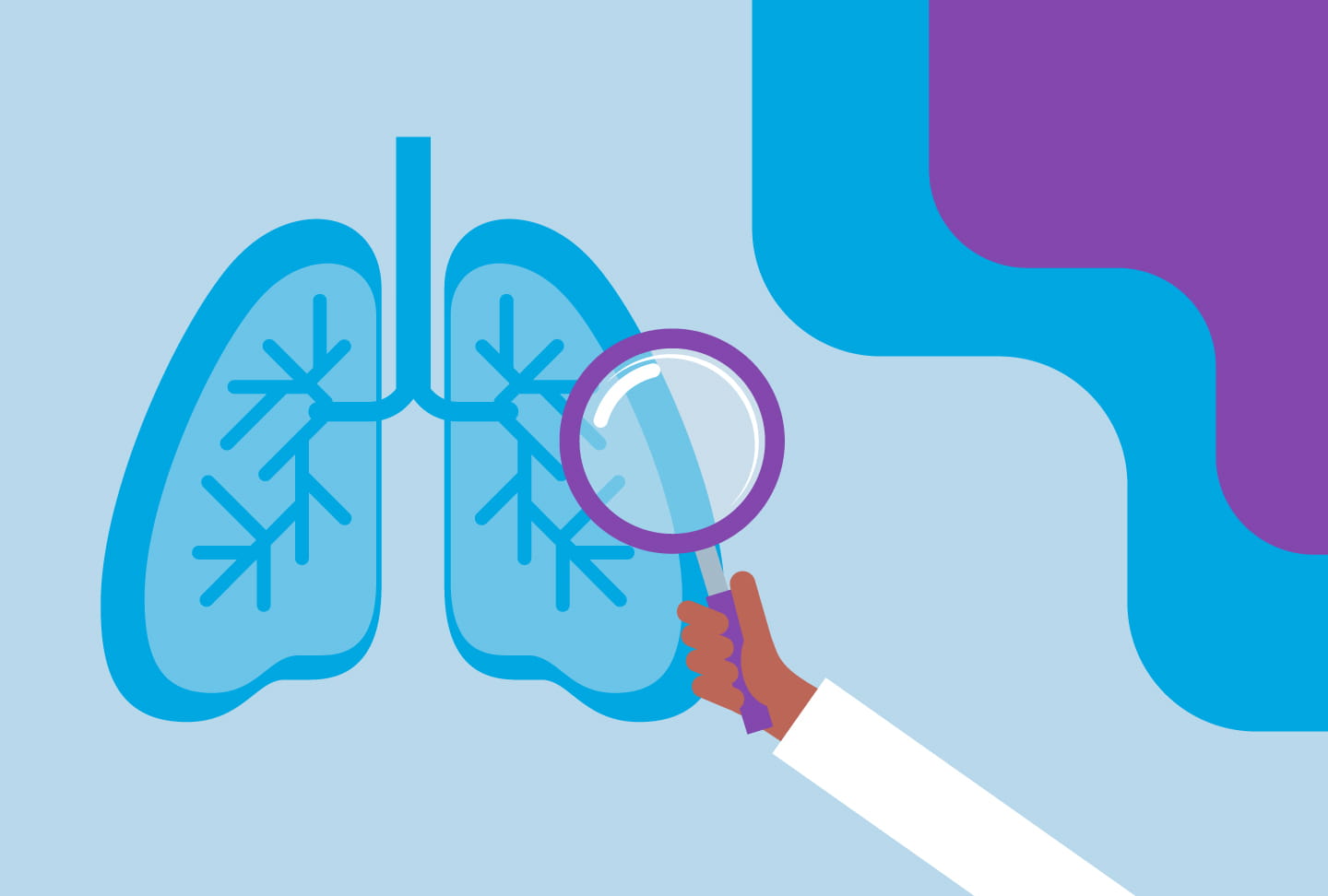- Empty cart.
- Continue Shopping
The Importance of Regular Lung Cancer Screenings

Lung cancer is one of the leading causes of cancer-related deaths worldwide. Early detection is crucial for improving survival rates, yet lung cancer often goes undiagnosed until it’s in an advanced stage. This makes regular screenings an essential preventive measure, especially for high-risk individuals.
Who Should Get Screened?
High-Risk Individuals
People who are at higher risk for developing lung cancer should consider regular screenings. Risk factors include:
- A history of heavy smoking
- Age between 55 and 80 years
- Exposure to asbestos or radon
- Family history of lung cancer
Consult Your Healthcare Provider
It’s essential to consult your healthcare provider to assess your risk and determine if lung cancer screening is appropriate for you.
Types of Screenings
Low-Dose CT Scan
A low-dose computed tomography (CT) scan is the most effective screening method for lung cancer, as it can detect even small nodules in the lungs.
Chest X-Ray
While less sensitive than a CT scan, a chest X-ray is another option but is generally not recommended for high-risk individuals due to its lower sensitivity.
Benefits of Regular Screenings
Early Detection
Regular screenings can detect lung cancer at an early stage, when it’s more treatable and the chances of survival are higher.
Monitoring
For those with pre-existing lung conditions or nodules, regular screenings can help monitor any changes over time, allowing for timely intervention.
Peace of Mind
Knowing that you’re taking proactive steps can offer emotional relief, especially for those at high risk.
Challenges and Considerations
False Positives
Screenings can sometimes yield false-positive results, leading to unnecessary stress and additional tests.
Radiation Exposure
While the radiation from a low-dose CT scan is minimal, repeated screenings can accumulate over time.
Cost
Screening tests can be expensive, and not all insurance plans may cover them, making cost a barrier for some individuals.
Best Practices
Follow Guidelines
If you’re in the high-risk category, adhere to the recommended frequency of screenings, usually annually.
Lifestyle Changes
If you’re a smoker, quitting is the single most effective way to reduce your risk of lung cancer.
Second Opinions
If a screening test does yield suspicious results, consider getting a second opinion before proceeding with further diagnostic tests or treatments.
In conclusion, regular lung cancer screenings are a vital preventive measure, especially for high-risk individuals. While there are challenges such as false positives and costs, the benefits of early detection and improved survival rates far outweigh the drawbacks. Consult your healthcare provider to assess your risk and determine the best screening schedule for you. By taking a proactive approach to lung cancer screenings, you’re taking a significant step toward safeguarding your health.








